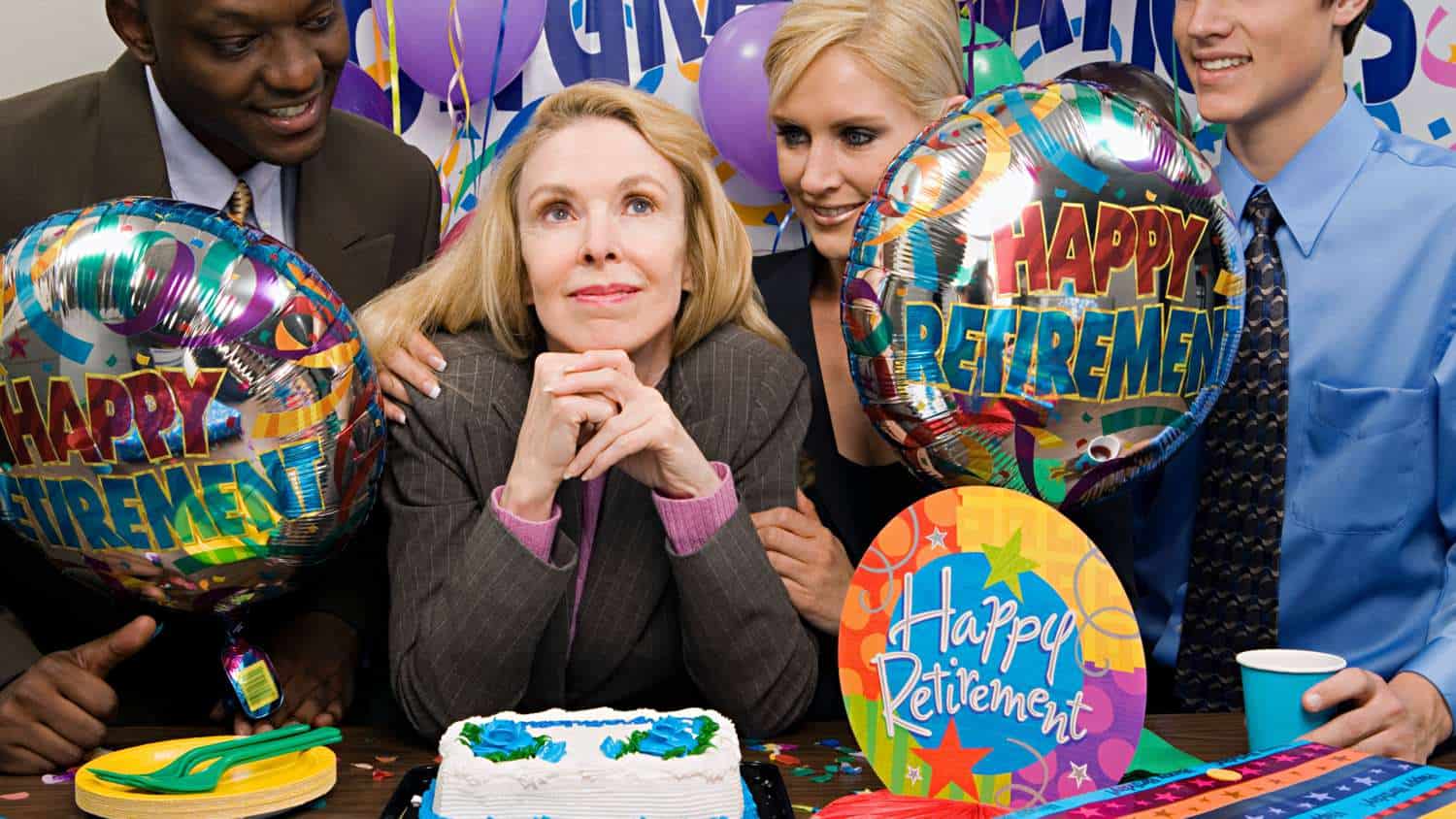
Eliminating the 5 Biggest Cash Flow Drains in Retirement (Including Medicare and Taxes Mistakes!)
Do you get nervous about having enough cash in retirement?
Whether you are in retirement now, or preparing for retirement in the near future, it is never too late or too early to shape up your cash flow. Even if you don’t have a lot of control over the amount of money coming in, you can control the cash that is going out.
So, let’s look at the five biggest drains on your cash flow, and what you can do to stop them.
Your Healthcare Costs
Your healthcare costs can be a giant drain on your monthly income, especially if you are routinely sick or have a chronic condition. If you are still working and benefitting from your employer’s insurance, or using a private provider, your options to save cash are limited.
However, if you have aged into the Medicare system (Hello 65th birthday!) then you have a few options that could potentially bump up your monthly cash flow.
The main question you need to consider regarding your Medicare Insurance decision is this: “Which Medicare Plan Is Best For Me?”
- Should I use a Medicare Advantage Plan?
- Or would a Medigap (Medicare Supplement) Plan be better for me?
The correct answer to this question will save you money.
However, the strategy that works for you won’t work for someone else and vice versa. It all depends on a few things, like: What kind of saver are you? Do you use the gym often? Are you in need of a hearing aid? What chronic issues are you dealing with?
Careful consideration of your Medicare Insurance path will plug any healthcare cash drains. In other words, it is the first step in saving money on healthcare costs in retirement.
BONUS TIP: Another way to save money on healthcare costs is prevention. To learn the number one way to prevent healthcare issues and costs, please read this article I wrote for Sixty and Me.
Poorly Structured Taxes in Retirement
We must face it: taxes are going to go up.
After the year 2025, all the individual tax cuts we have been enjoying in the United States will disappear. We could go back to our previous rates for the unknown future, or tax rates could rise even higher than before.
The government really needs to raise tax rates again to cover our rising deficits. As a result, taxes could be much higher in the future.
There is a good case to be made for structuring your retirement savings to pay as much in taxes as you can now, during the lower rates, so later, when rates are higher, you can withdraw funds from qualified accounts tax-free.
This cash flow drain could cost you hundreds or even thousands per month. However, there are many good strategies for finding ways to reduce your taxes in retirement.
Here is what to do:
- You can start with this short list of recommended retirement books.
- Then, learn where the tax brackets are for income withdrawals and see where your budget needs land you. Remember, even your social security benefits are taxed to a percentage when you withdraw enough each year.
- Finally, ask a professional for advice on how to save money on retirement taxes if you need more support. They can direct you on how to use Roth IRA accounts and certain insurance products (for example, IUL’s) to supplement your other cash flow streams to lower your tax burdens strategically.
Slowing the taxes drain can make a big difference in how much you have to spend year to year.
Social Security Mistakes
Deciding when to claim your social security benefits will have an impact on your cash flow in retirement. Knowing what your social security amount will be is not only important to planning for cash flow in retirement, but also for the amount of taxes you will pay.
If you have other significant sources of income (i.e., from pensions or qualified retirement accounts) that you need to balance with social security to keep yourself in a certain tax bracket, then the amount you choose and the time you claim your benefit will matter a lot.
On the other hand, if you are counting on social security as an important source of cash in retirement, then you will want to make sure to maximize your amount, and that will depend on your personal situation.
Sixty and Me has published an article on the best strategies to get the most out of your social security. The article includes mistakes to avoid and ways to increase your benefit by 16%.
Know your budget, your needs, and your cash flow in each month to avoid any costly social security mistakes.
Recurring Payments
In my financial planning years, many of my clients had cash flow and budget issues due to recurring payments, subscriptions, and unused memberships. Others had enough money coming in that they didn’t care about these cash drains, but there is no reason that they should persist.
My late father-in-law had the DVD version of the Netflix subscription for years. Of course, he had the same two DVDs out for over three years when we finally returned them and canceled that portion of his service. This is very common, and it is easy to forget about these unused services.
It is a good exercise for everyone to take good stock of what money is automatically flying out the door each month. In some instances, you can reduce fees (like shopping your insurance each year). In other instances, you can cancel services altogether (like that gym membership you never use).
To start you out, here is a helpful list of recurring payments to pinpoint, then reduce or eliminate when possible:
- Insurance Premiums (house, car, health – whatever can be shopped)
- Subscriptions – Movies, TV, Cable, Music, Subscription Boxes, Security Systems, Identity Protection, satellite radio
- Utilities (find where you can reduce to save)
- Internet and Phone Plans (around contract renewal you can call and talk the price down)
- Memberships – gyms, studios, clubs, etc.
Just take a good look at your bank statement and decide what is important and what can go. Make sure to look at yearly charges as well as monthly ones.
Interest Payments and Debt
Paying interest is especially painful on a fixed income. Debt and interest from debt significantly drains your cash flow in retirement.
So, do what you can, as early as you can, to reduce and eliminate debt and interest. There is no reason to carry balances on your credit cards in retirement, and it is never too late to start budgeting.
In addition, mortgages are included in this debt free challenge. According to one study, 44% of retirees still have mortgages to pay on their homes. Moreover, 17% of these retirees never pay off their mortgage.
Make it a priority to pay off your mortgage – retired or not. If that seems like an impossibility, consider downsizing or at least re-evaluating how your situation will work down the road.
You can have a lot more cash in retirement if you just take the time to evaluate your choices. Look at each of the above mentioned areas and decide what you need to do to make you, and your bank account, happy and healthy year to year.
What are your biggest income drains? What are you doing about them? How has that strategy worked for your financial situation? Please share your thoughts with our community!
Tags Retirement Planning






